Current members
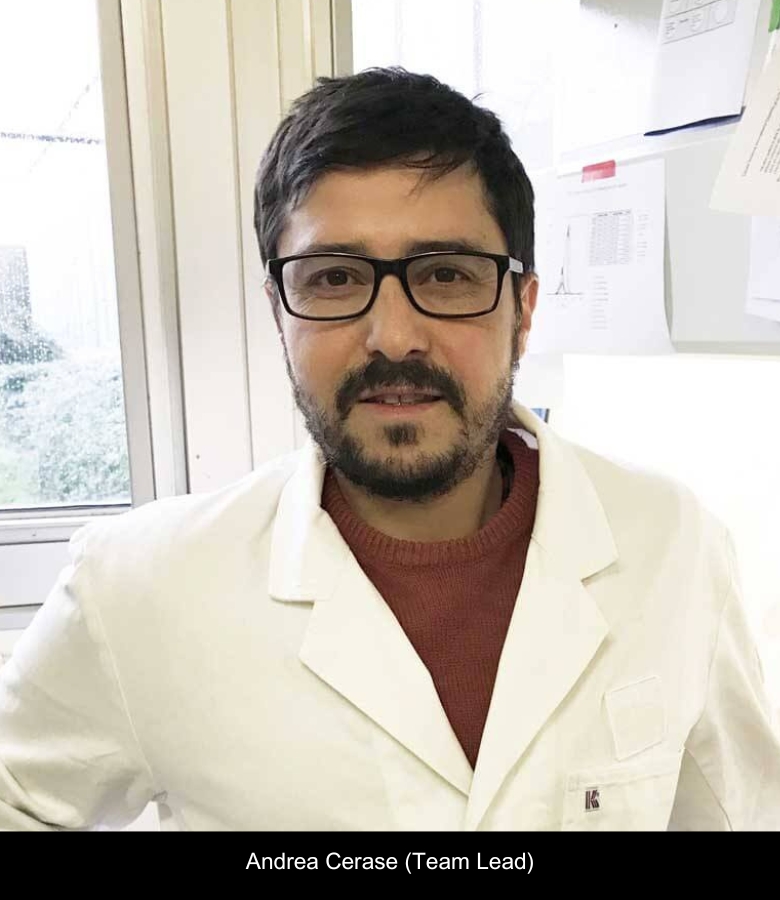
Andrea Cerase (Team Lead)
Andrea grew up in Procida, a little island in the bay of Naples, Italy. He studied Molecular Biology at the University of Naples Federico II and worked at the Italian National Cancer Institute for his thesis. He received his MSc degree in Molecular Biology (summa cum laude) in 2002. Subsequently, he joined Prof. Maurizio D’Esposito’s group at Institute of Genetics and Biophysics (IGB-National Council of Research, CNR), Naples, studying the role of chromatin and DNA modifications in cancer - and this was the time when his interest in epigenetics began. He decided to stay in D’Esposito’s lab to do his PhD, focusing on the epigenetic mechanism of SPRY3 gene silencing in humans.
As a part of his Doctoral training, Andrea came to Prof. Neil Brockdorff’s lab at the Imperial College London in 2006 as a visiting graduate student. Here he became interested in X inactivation and decided to choose this topic for his postdoc. After having his viva and receiving his PhD degree, Andrea joined the Brockdorff lab at the University of Oxford. Andrea studied the epigenetics of X chromosome inactivation, focusing on understanding how Xist mediates gene silencing. In particular, he was interested in the interplay between Xist and Polycomb Repressive Complexes. He proved that Xist and PRC2 do not interact directly, moving the balance of the much-debated Xist-mediated PRC2 recruitment model toward an indirect recruitment one. Building on this, he set up a genome-wide RNAi screen to identify novel factors involved in X chromosome inactivation and run a set of screens. Based on his pioneering system, the lab has identified important regulators of X inactivation. At the end of 2013, Andrea decided to move on with his career and returned to Italy. Back home, Andrea joined Prof. Phil Avner’s group at the EMBL-Rome as an EMBL-fellow to study the initiation phase of mouse X inactivation, particularly the role of chromatin remodelers in Xist and Tsix regulation.
In 2018 Andrea started his-own laboratory at the Blizard Institute, Queen Mary University of London and in 2022 he moved to the department of Biology at the University of Pisa. His primary research focuses are epigenetics, X chromosome inactivation and lncRNAs. The Cerase Lab is currently working in X Chromosome inactivation (XCI) and XCI reversal using cell and animal models. The lab is also interested in X-linked neurodevelopmental disorders such as Rett and CDKL5 syndromes. The long-term lab plan is to study the epigenetic basis of brain development in health and disease with a particular focus on the role of lncRNAs and chromatin architecture.
He is actively involved in science divulgation since his time at the University of Oxford and he regularly writes for several magazines. He is acting as an editor for many journals and as a referee for Italian, UK and international body of funding and several journals. He is an associate fellow of the Higher Education Academy (AFHEA).
Contact
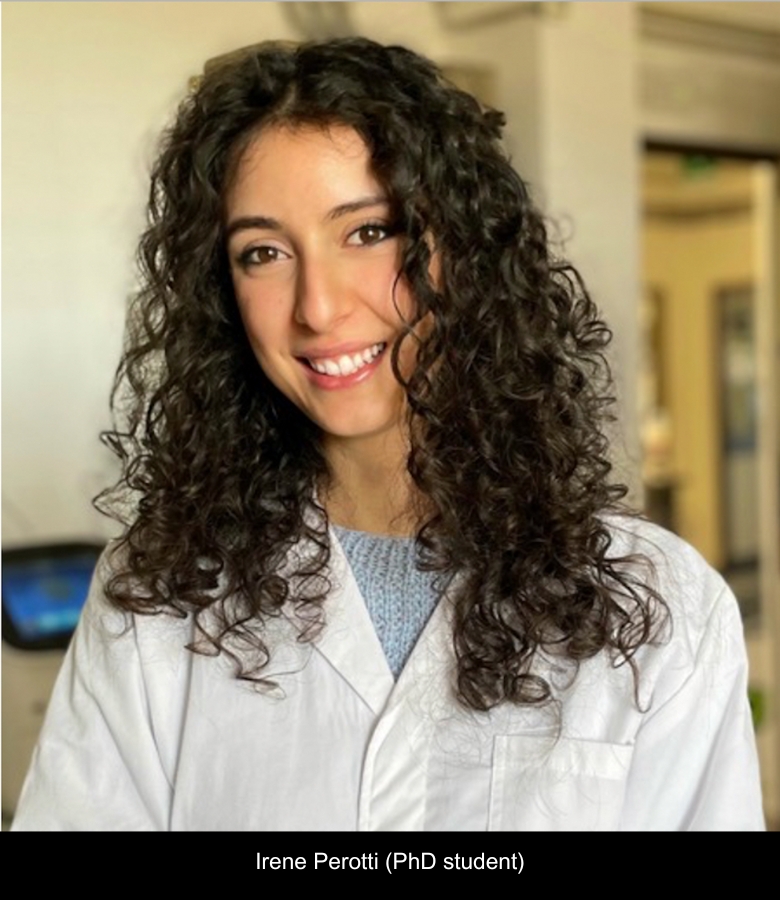
2022-date
Irene Perotti (PhD student)
Irene graduated from the University of Pisa in 2022 with an MSc degree in Molecular Biology. For her master's studies, she focused on generating and characterizing loss-of-function mutants of genes involved in Primary Ciliary Dyskinesia (PCD) in the teleost zebrafish, utilizing the CRISPR/Cas9 gene-editing technique. She is currently working as a PhD student in the Cerase lab at the University of Pisa. Her PhD research is focused on X-chromosome inactivation (XCI) and XCI reversal using cell and animal models. In particular, the aim of her project is to better understand the molecular mechanism and the main factors regulating the maintenance of X chromosome inactivation through the study of Xist granules dynamics and their roles in the long-term maintenance of XCI. Irene is also involved in screening chemical compounds for the selective reactivation of two X-linked genes associated with CDKL5 syndrome and Rett syndrome.
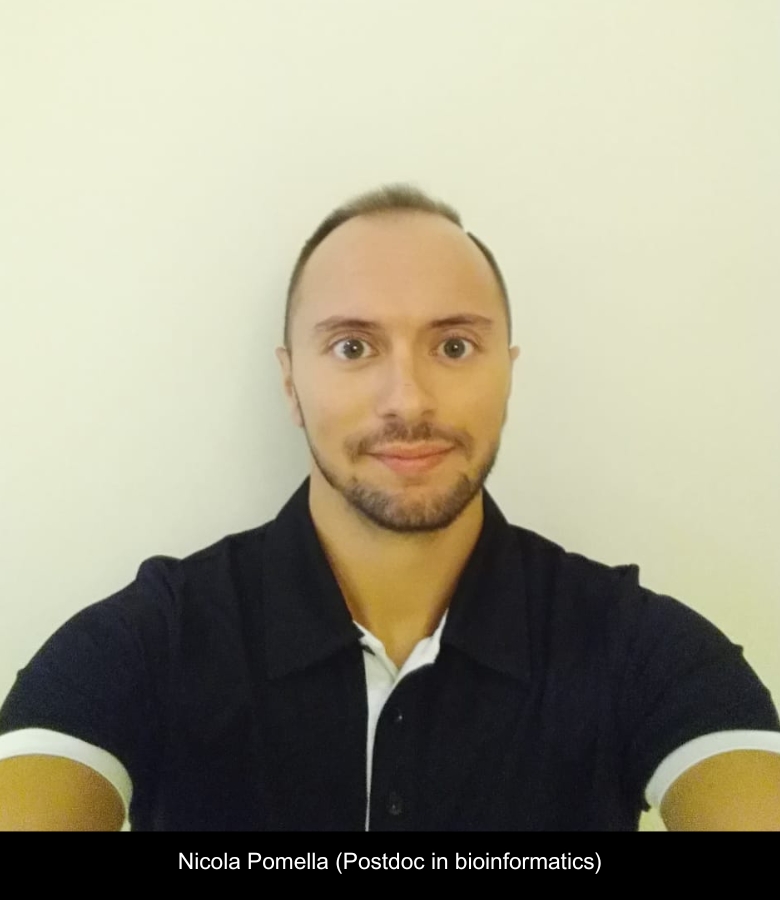
2020-date
Nicola Pomella - postdoc in bioinformatics
Nicola Pomella has worked in the academic sector for 10 years and is actively involved in statistics, bioinformatics, machine learning, and artificial intelligence (AI). He has published research in the fields of statistics/modeling, bioinformatics, and artificial intelligence (AI) with Campus Bio-Medico University of Rome, Brunel University in London, and Queen Mary University in London.
Former members
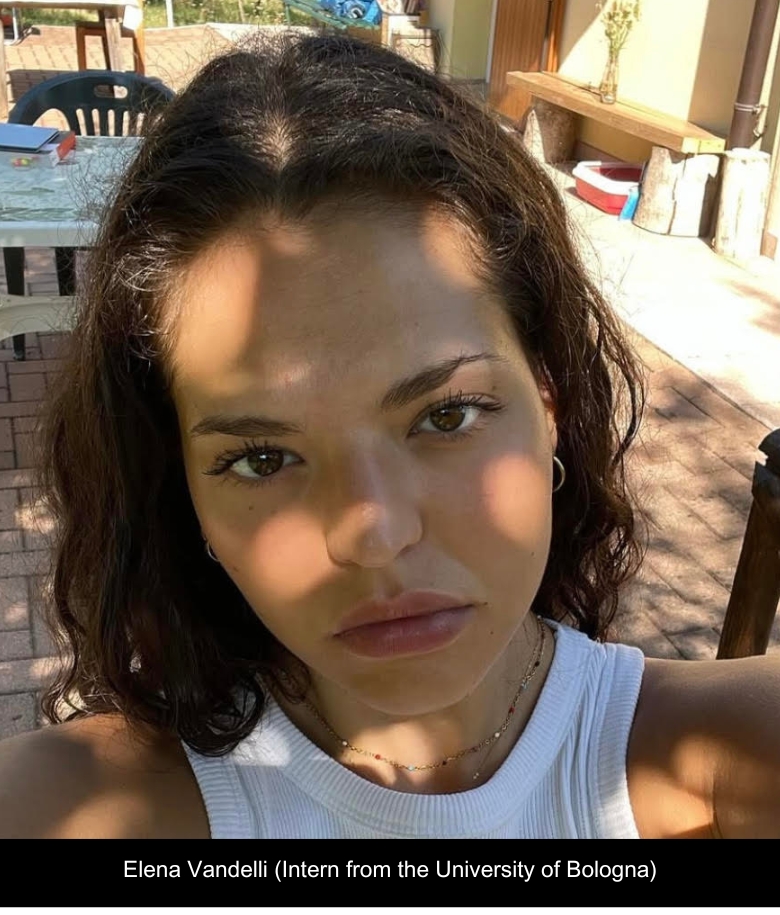
2024
Elena Vandelli (Intern from the University of Bologna)
Elena graduated in Biotechnology at the University of Bologna in 2024. Elena is a motivated student with a solid background in molecular biology and biotechnology. She possesses a strong understanding of DNA and RNA analysis techniques, as well as expertise in studying the molecular bases of biological processes. Her skillset includes the analysis of microorganisms and viruses, with a particular focus on applied research. She worked in the lab on a project aimed to understand the role of LBR in development and in disease.
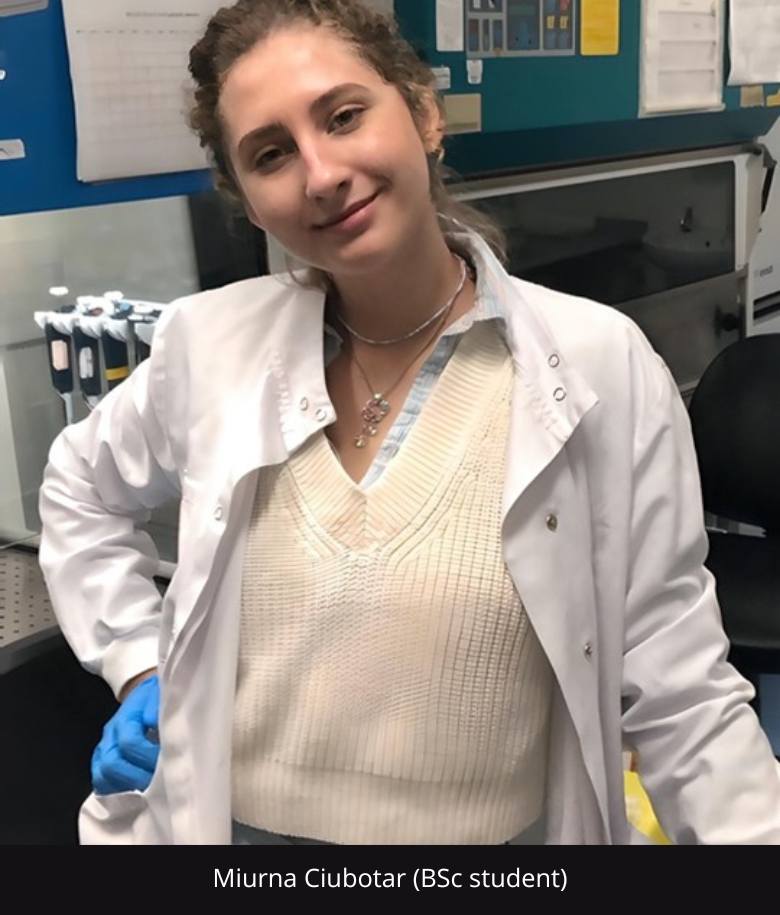
2021
Miurna Ciubotar (MSc student )
Miruna graduated from Queen Mary University of London in 2022 with a BSc. in Neuroscience, and she was honored with the Tilly Tansey award for academic excellence. During her final year of undergraduate studies, Miruna was based at the Centre of Genomics and Child Health at the Blizard Institute, a part of Barts and the London School for Medicine and Dentistry. She focused on the molecular characterization of long non-coding RNA in regulating neurodevelopment. In the Cerase lab, she optimized neuronal differentiation protocols and analyzed cellular cultures to identify spatiotemporal gene expression patterns, particularly investigating the potential involvement of Tug1 in neurodevelopmental disorders such as Autism or Rett Syndrome. Additionally, Miruna contributed to X-chromosome inactivation projects by conducting bacterial cloning experiments.
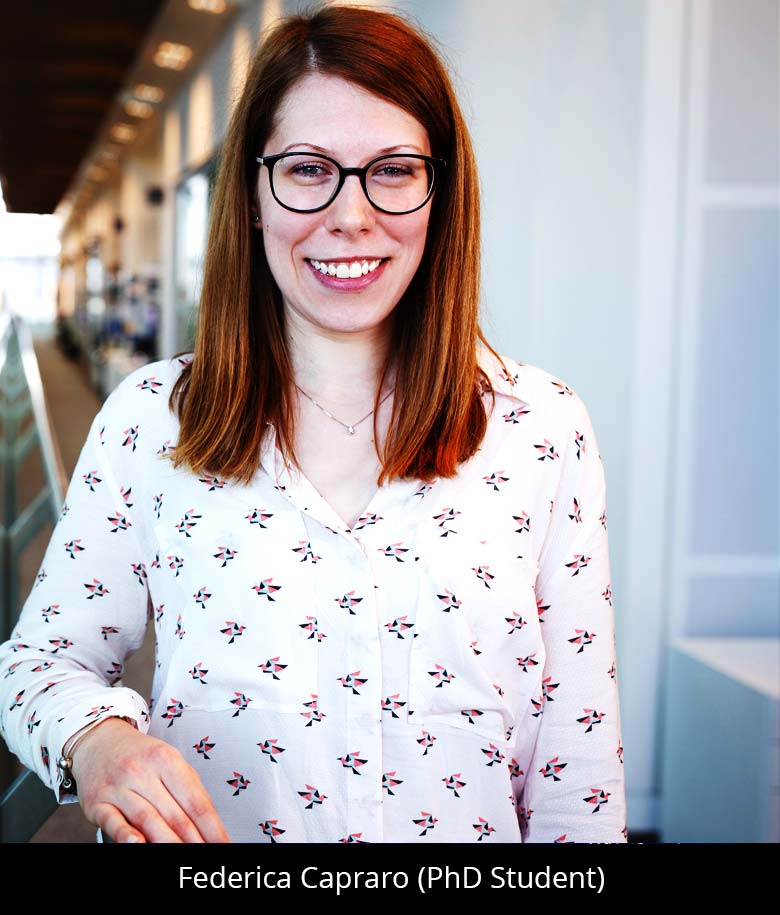
2020
Federica Capraro (PhD student)
Federica studied Biotechnologies for her undergraduate degree and then specialized in Neurobiology during her MSc, both at the University of Trento in Italy. After graduating, she relocated to London to join Professor Jernej Ule’s lab at The Francis Crick Institute and UCL as part of a 6-month Erasmus+ traineeship. Subsequently, she continued her work in the lab as a research assistant, focusing on RNA-RNA and RNA-protein interactions. Specifically, she investigated proteins such as TDP-43, which is involved in the neurodegenerative disease amyotrophic lateral sclerosis. Currently, Federica is a PhD student in the BBSRC LIDo programme and is in her second rotation in the Cerase lab. Her research focuses on the dynamics of granules formed by the long noncoding RNA Xist during X chromosome inactivation and on the interaction of the RNA with nuclear matrix proteins.
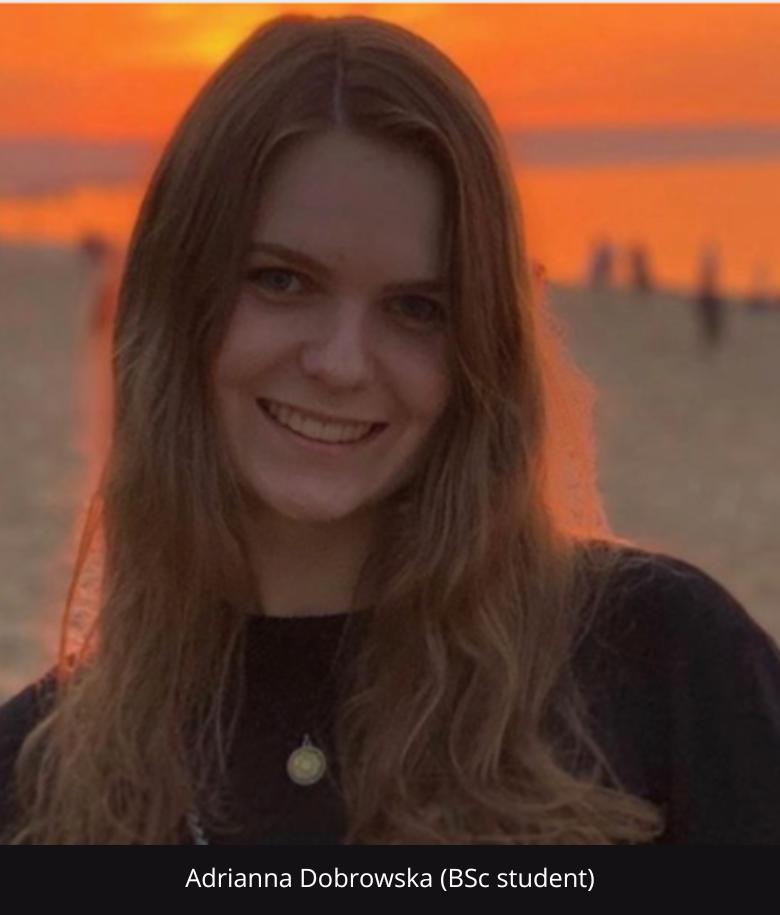
2020
Adrianna Dobrowska (MSc student )
Adrianna graduated from Queen Mary University of London in 2021 with a Bachelor of Science in Medical Genetics. During her undergraduate studies, she conducted her research project with Dr. Andrea Cerase, focusing on the development of a 3D digital map of co-expression of MeCP2 and CDKL5 proteins. In 2022, she graduated from Imperial College London with a Master's in Genes, Drugs, Stem Cells – Novel Therapies, completing her Master’s thesis with Dr. Charis Pericleous. For her research project, she explored endogenous triggers of endothelial senescence and inflammation in antiphospholipid syndrome. Currently, Adrianna is working as a research technician at the Blizard Institute, part of Queen Mary University of London.
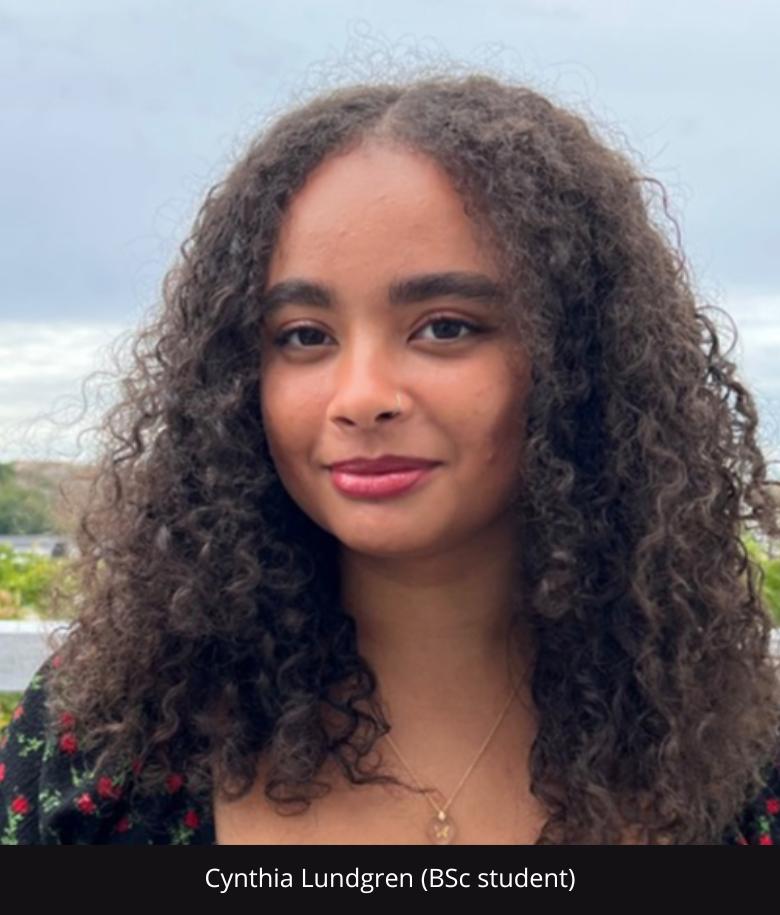
2020
Cynthia Lundgren (MSc student )
Cynthia graduated from Queen Mary University of London in 2021 with a Bachelor of Science in Medical Genetics. Throughout her undergraduate studies, she engaged in a research project with Dr. Andrea Cerase, where she focused on the development of a 3D digital map illustrating the co-expression of MeCP2 and CDKL5 proteins.
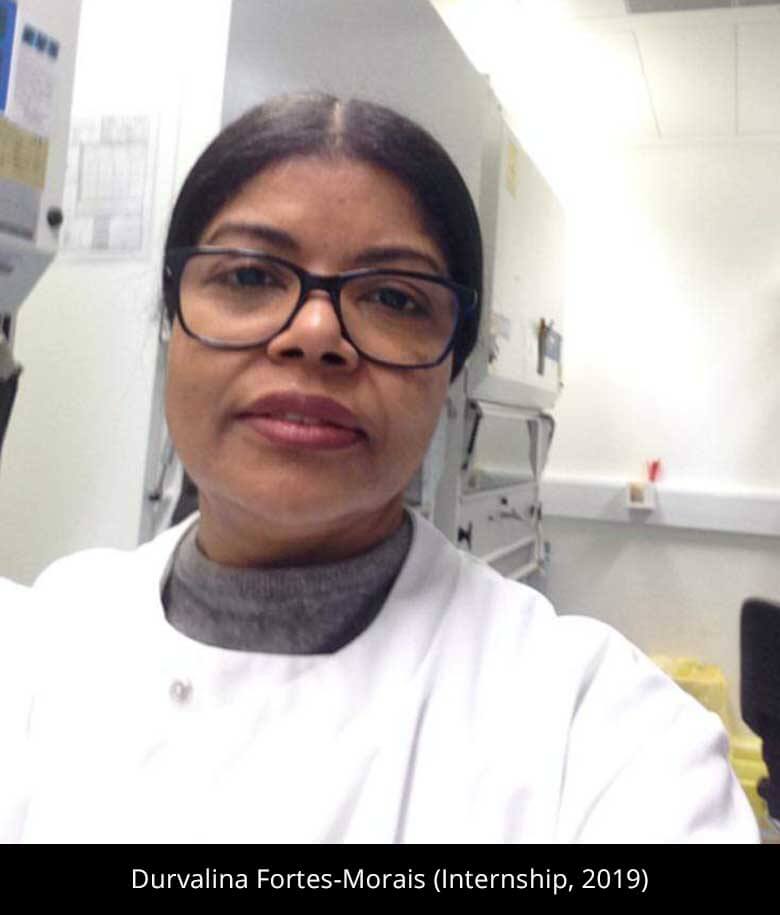
2019
Durvalina Fortes-Morais (Postgraduate intern)
Durvalina has a background in psychology, receiving her BSc in psychology from the University of Gama Filho (Brazil) and her MSc in psychology from Birkbeck College (UK). Additionally, she holds an MSc in Neuroscience from the Institute of Psychiatry at King’s College London (UK). Durvalina completed a 6-month internship in the lab, aiming to train herself for future work in experimental neuroscience.
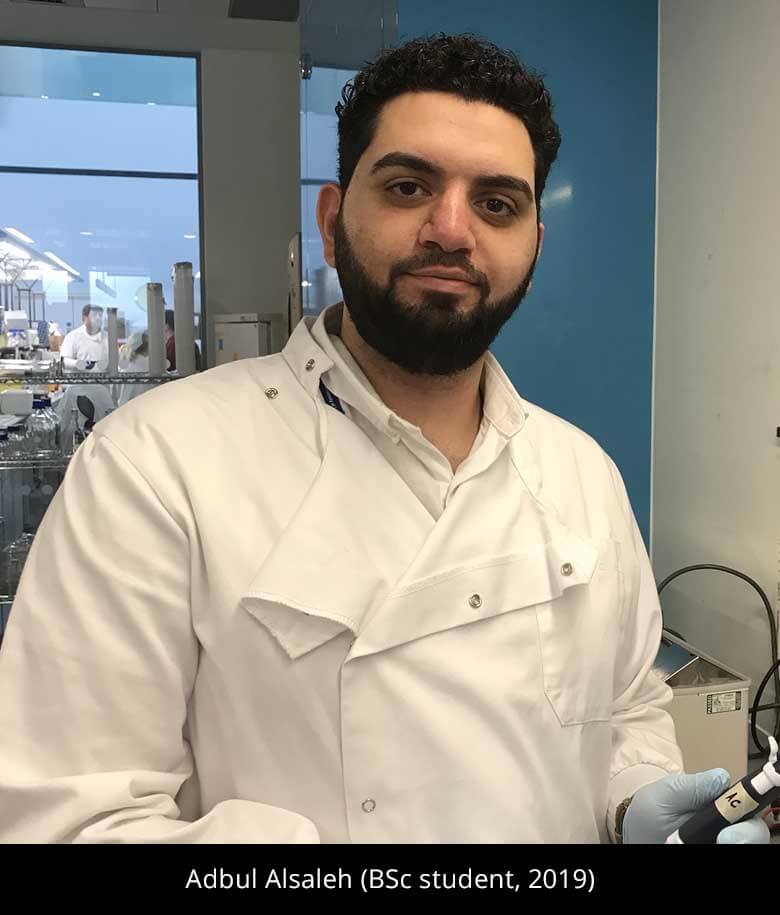
2019
Adbul Alsaleh (BSc student)
Abdul, originally from Syria, chose to pursue his university studies in the UK. In 2017, he enrolled at Queen Mary University of London, where he is currently a third-year student majoring in Medical Genetics. Abdul has actively contributed to a project focused on studying the role of chromatin remodelers in X chromosome inactivation.
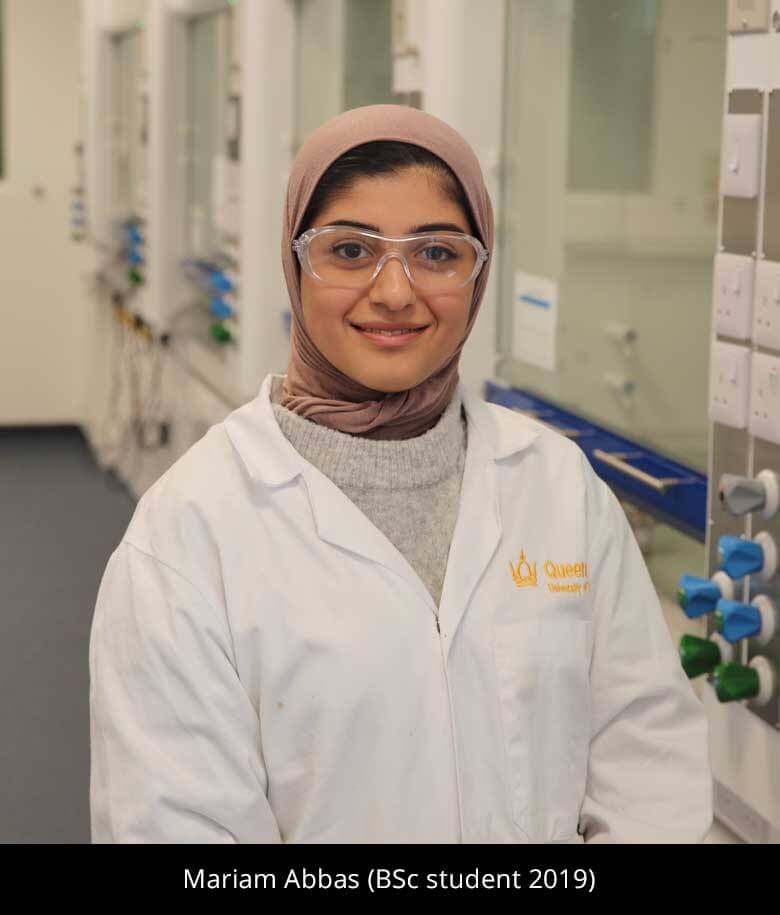
2019
Mariam Hafidh Abbas (BSc student)
Mariam Hafidh Abbas, originally from Iraq, began her academic journey with the On-campus Foundation Program. Upon completing the program, Mariam joined Queen Mary in 2017, where she was honored with the Science and Engineering Excellence Award. Currently in her final year, Mariam is pursuing her studies in Medical Genetics and actively engaged in the search for novel lncRNAs associated with brain development and function
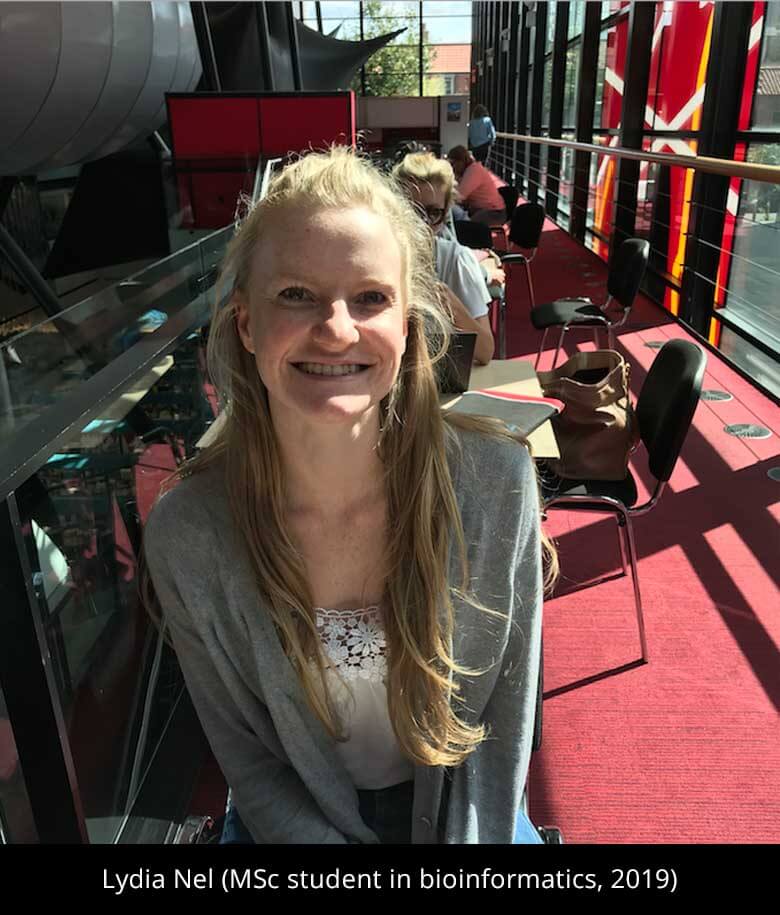
2019
Lydia Nel (MSc student in bioinformatics)
Lydia Zoe Valentina Nel, is a master student in bioinformatics. She worked on a project studying the role of chromatin remodelers in X chromosome inactivation.
Experimental Molecular Biology lab:
- Diletta Di Cristofaro (2023)
- Matteo Usai (2024)
